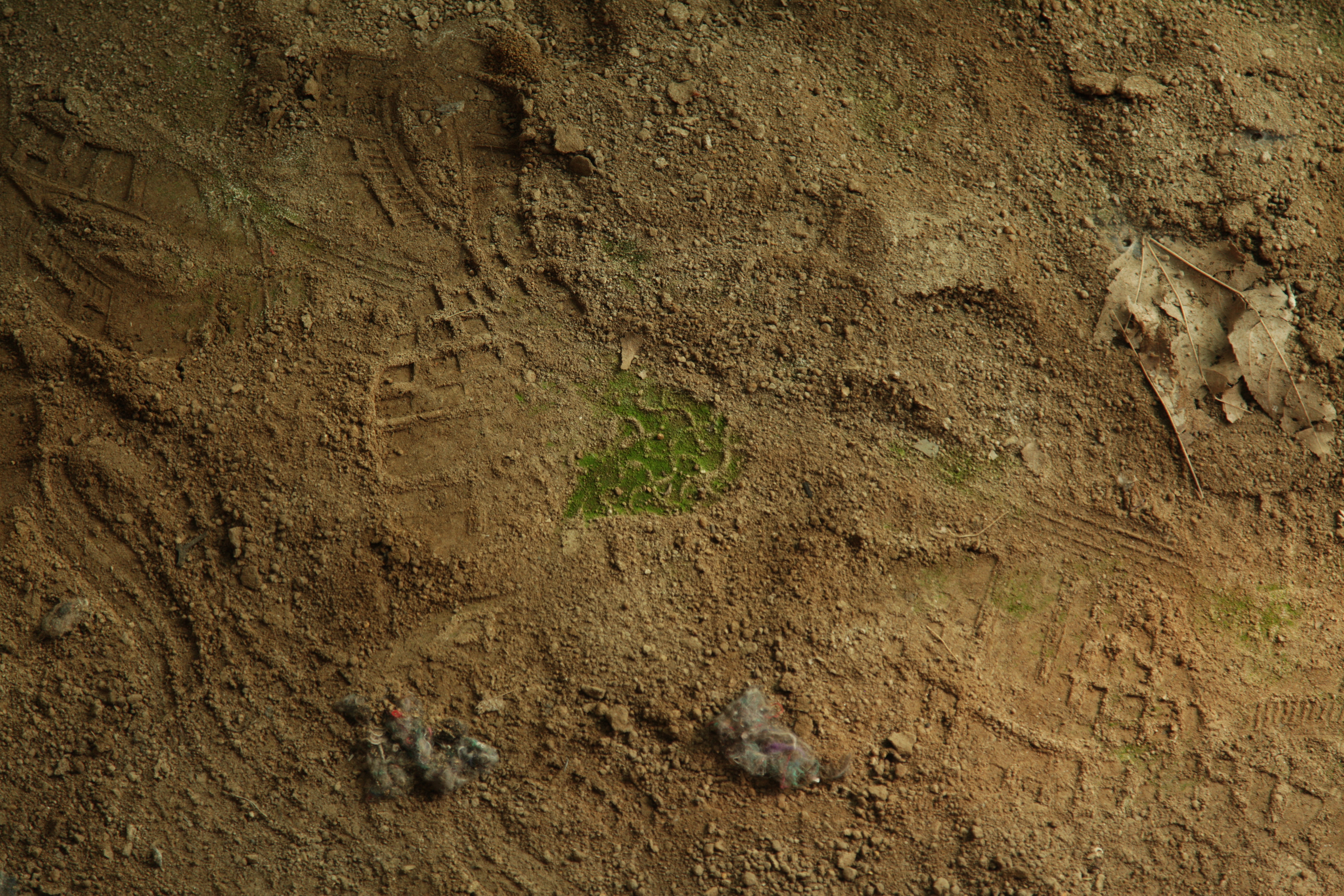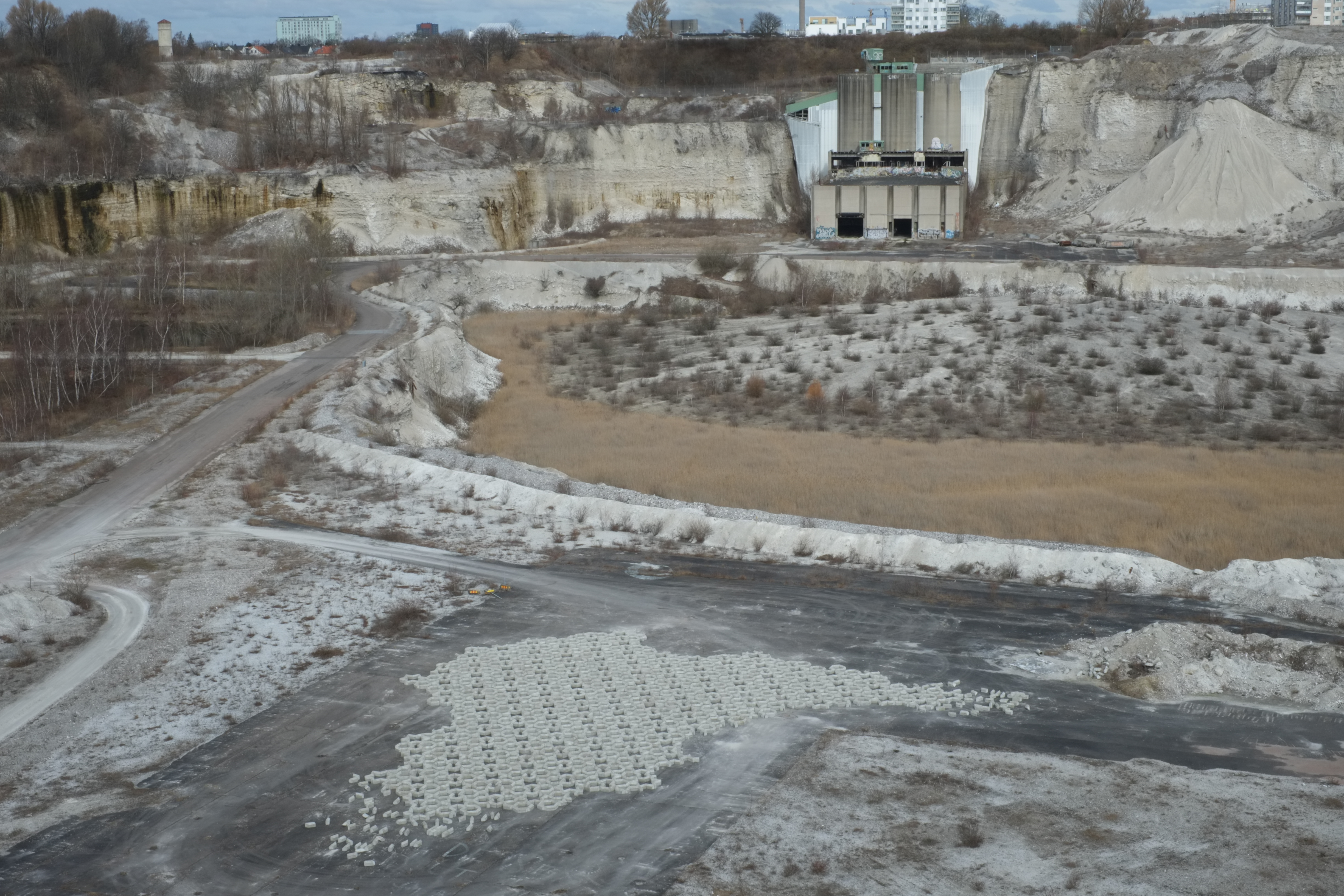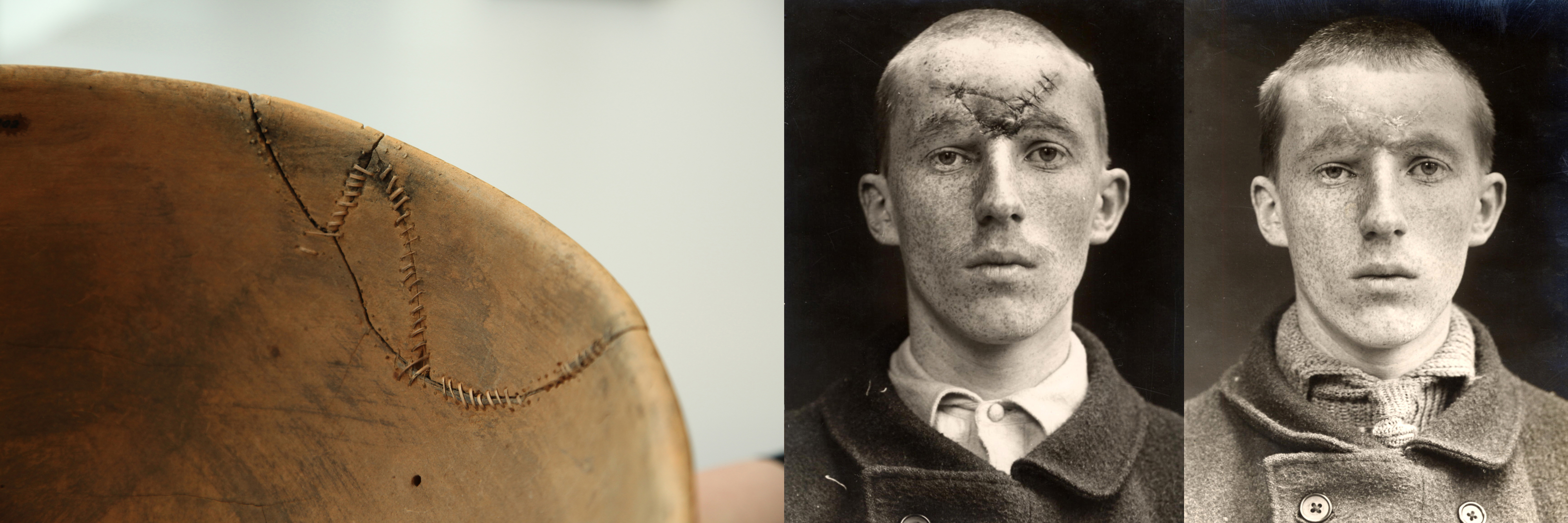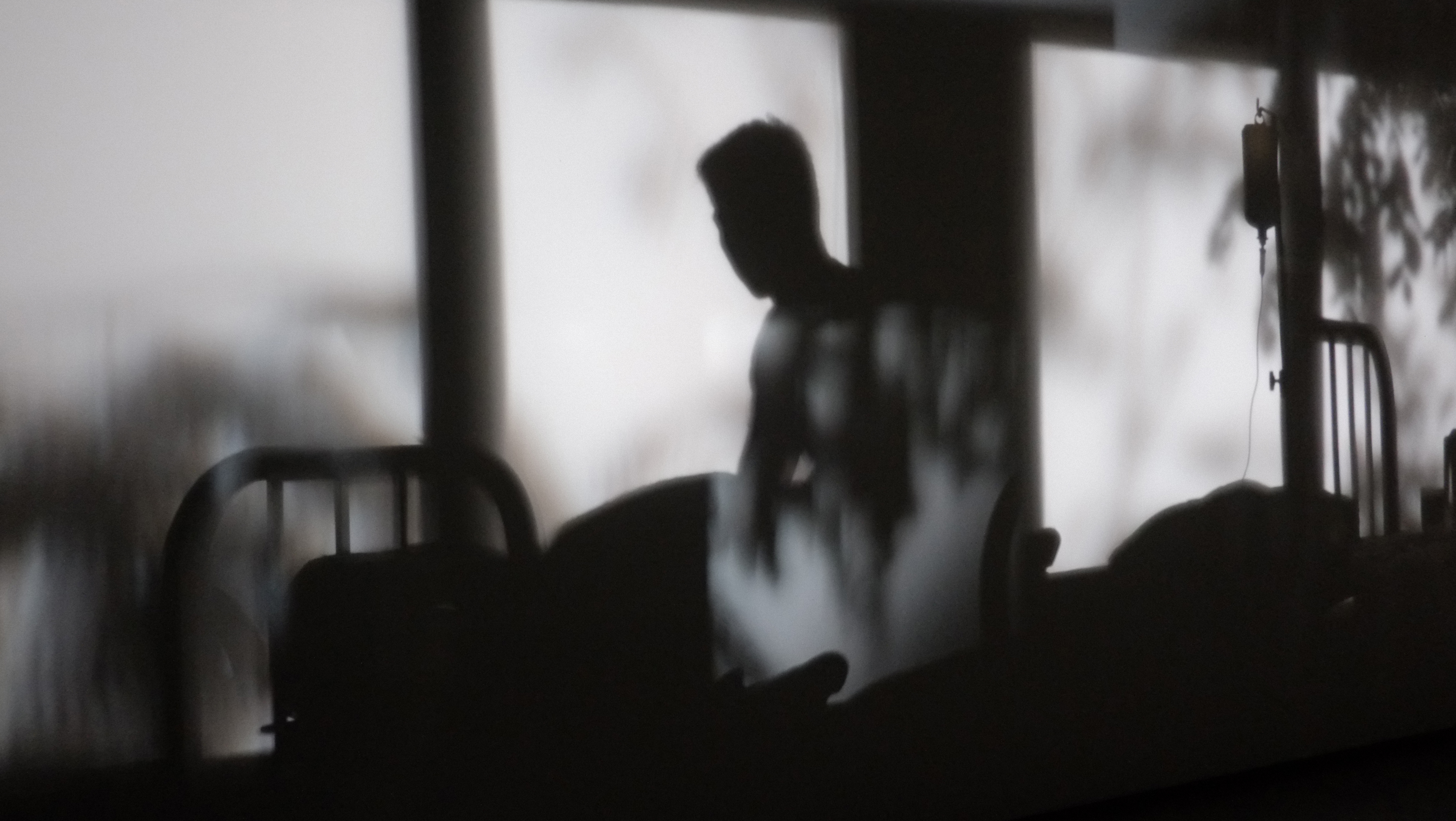Press
Resource Center
GB Commission, A new monumental program upholding the Gwangju spirit
l Four participating artists including Adrián Villar Rojas, Mike Nelson, Kader Attia and Apichatpong Weerasethakul
l Searching for historic spaces…Newly created site-specific artwork
For the 12th Gwangju Biennale, the Gwangju Biennale Foundation launches a new program titled the GB Commission, which visualizes the Gwangju spirit to foster sustainable historicizing and discussions. As a monumental new project, GB Commission plans to re-announce the background of the historical city of Gwangju and the Gwangju Biennale which was found to sublimate the scars of the Gwangju Democratization Movement into culture and arts. In the process, the foundation plans to deliver the message of democracy, human rights, and peace to the global community.
The Gwangju Biennale Foundation announced on March 21st that artists Adrián Villar Rojas, Mike Nelson, Kader Attia, Apichatpong Weerasethakul will participate as artists of the site specific new GB Commission, enhancing and expanding on the Gwangju spirit through means of visual media. Four participating artists have been selected by GB Commission committee, composed of internal and external experts, after its in-depth research for artists who with artworks in line with the Gwangju spirit.

The Most Beautiful Moment of War, 2016. ⓒ Adrián Villar Rojas / Photo by Mario Caporali
Adrián Villar Rojas, an Argentinian artist who travels the world, produces site-specific installation work which intervenes within the historic and cultural aspects of a certain space. He communicates with his audience through monumental installation work and calls attention to the history of a city. For this Gwangju Biennale, Rojas plans on presenting two new films and an installation piece at the Asian Culture Center. In addition to his new works, two of his documentary films taken in the demilitarized zone between the borders of North and South Korea and invited to show at the Berlin International Film Festival will be shown. Many eagerly anticipate seeing how the demilitarized zone, the symbol of the only divided nation in the world, will be visually displayed within the historic setting of Gwangju.

Imperfect geometry for a concrete quarry, 2016, Installation view, Kalkbrottet, Limhamn, Malmö. Courtesy the artist and 303 Gallery, New York; Galleria Franco Noero, Turin; Matt’s Gallery, London; and neugerriemschneider, Berlin.
British
artist Mike Nelson, was selected to represent the UK in the 2011 Venice
Biennale and has been nominated twice for the Turner Prize, one of the most
prestigious visual art award in the world. Mike Nelson’s intricate large-scale
installation works have reinterpreted structures not only as physical spaces
but also as internal and psychological areas. For the GB Commission, Mike
Nelson will reinterpret the former Armed Forces’ Gwangju Hospital, a site of
great intensity during the 1980’s Gwangju Democratization Movement, from a
different viewpoint. As an artist who digs deep into the materiality of
structures, Mike Nelson will shed new light on various components of the
remaining ruins of the former Armed Forces’ Gwangju Hospital such as the light
switches, doors, and doorknobs. He will introduce a new piece of artwork using
motifs of time and history in relation to the absence of an empty building and
the present-ness of its remaining ruins.

Open Your Eyes, 2010, Dual projection of two sets of eighty, 35 mm black-and-white and color slides, 13 min courtesy the artist, Collection MoMA - New York, Collection Frac Pays de la Loire, Collection Moderna Museet - Stockholm, private collection and Lehmann Maupin New York and Hong Kong, Photo credit : Musee du Service de Sante des Armees - Paris, Martin Monestier, and Royal Museum for Central Africa - Tervuren
Kader
Attia attempts to connect someone from the modern day with a survivor scarred
and still living in the days of the 1980 Gwangju pro-democracy movements. Attia
will employ multidisciplinary approaches including modern psychology and
traditional folklorism to explore response to trauma. As a French-born, second-generation Algerian
immigrant, Kader Attia explores intercultural aspects. Immigrants and mixed
cultures, individuals and group identity are frequently visited subjects by
Attia. For the GB Commission, he plans taking motifs of immigration, identity
and mixed cultures one step further by sharing and healing historic wounds of
the past with the global community.

Film Still from Invisibility by Apichatpong Weerasethakul, Photographs by Chai Siris, Courtesy of Kick the Machine Films, 2016
Apichatpong
Weerasethakul, a contemporary artist and independent experimental film director
from Thailand deals with themes concerning the modern Asian world filled with
scars from invasion from Western powers. For GB Commission, Apichatpong
Weerasethakul will share his outlook on the world within the historic framework
of Gwangju.